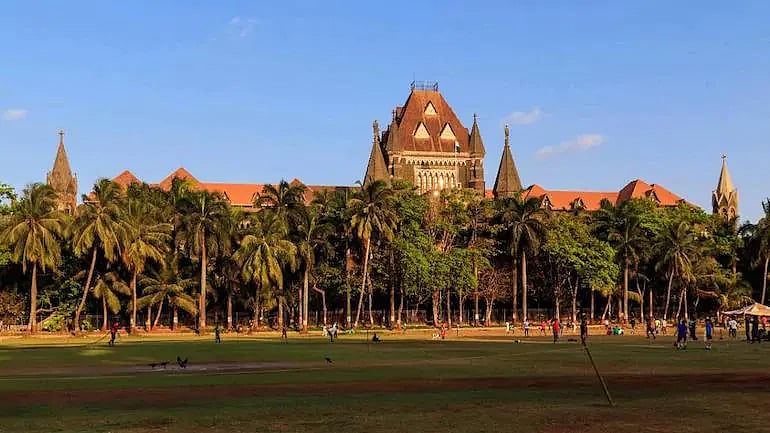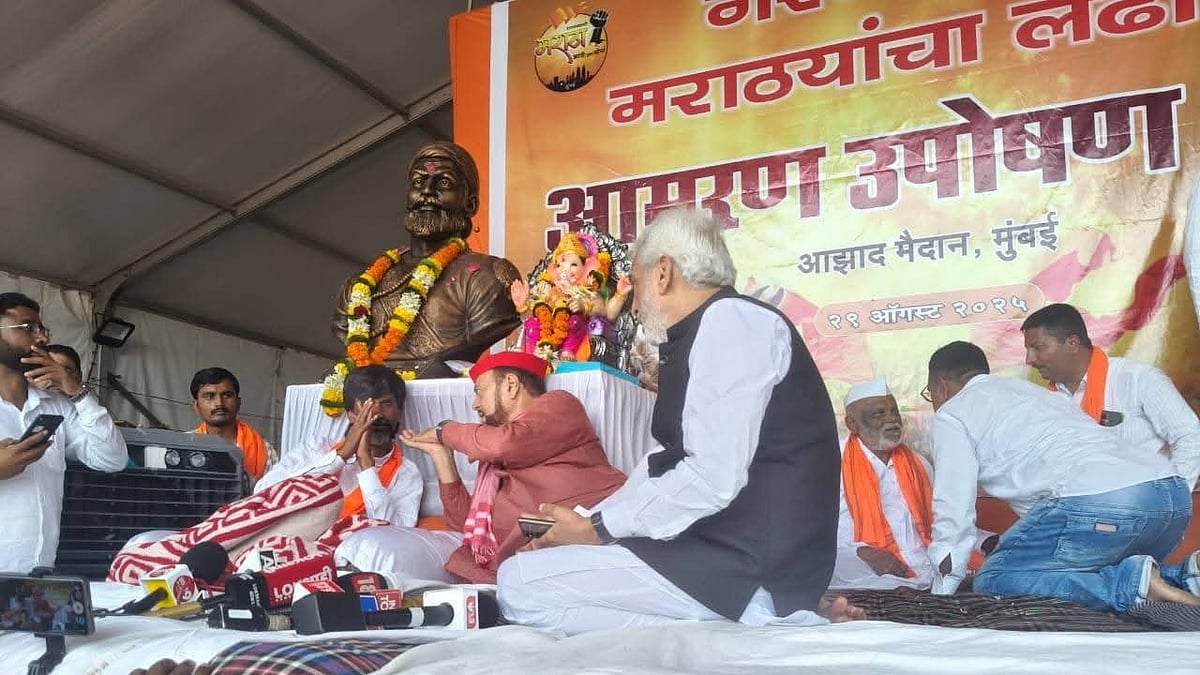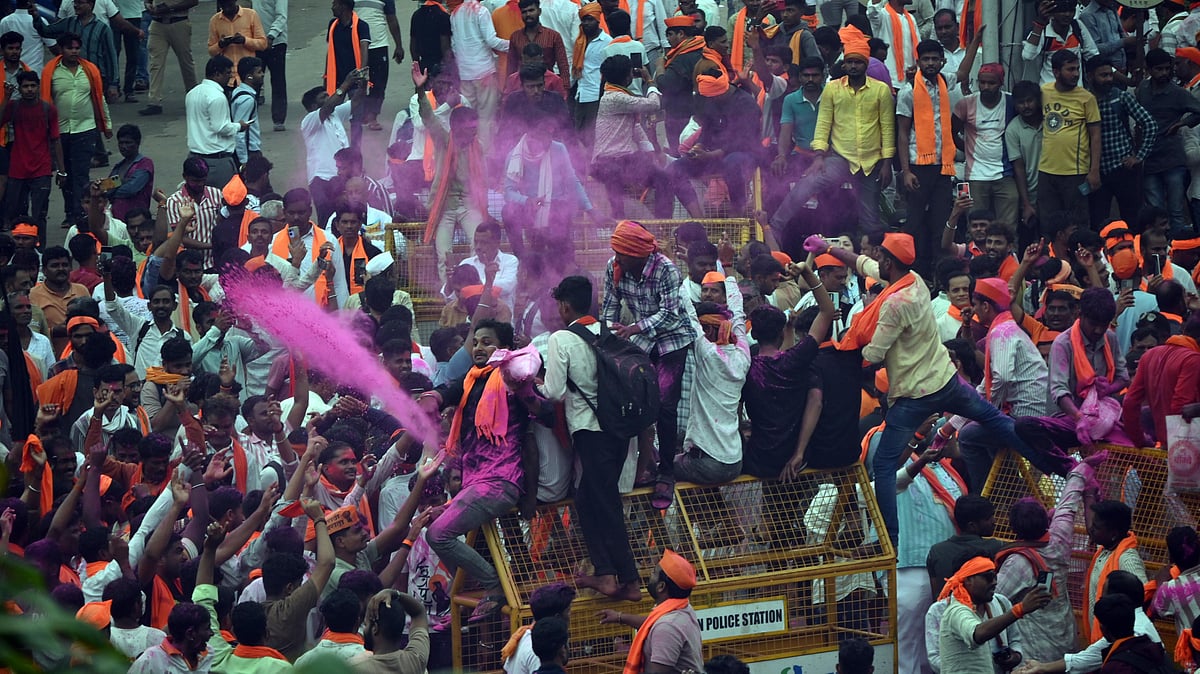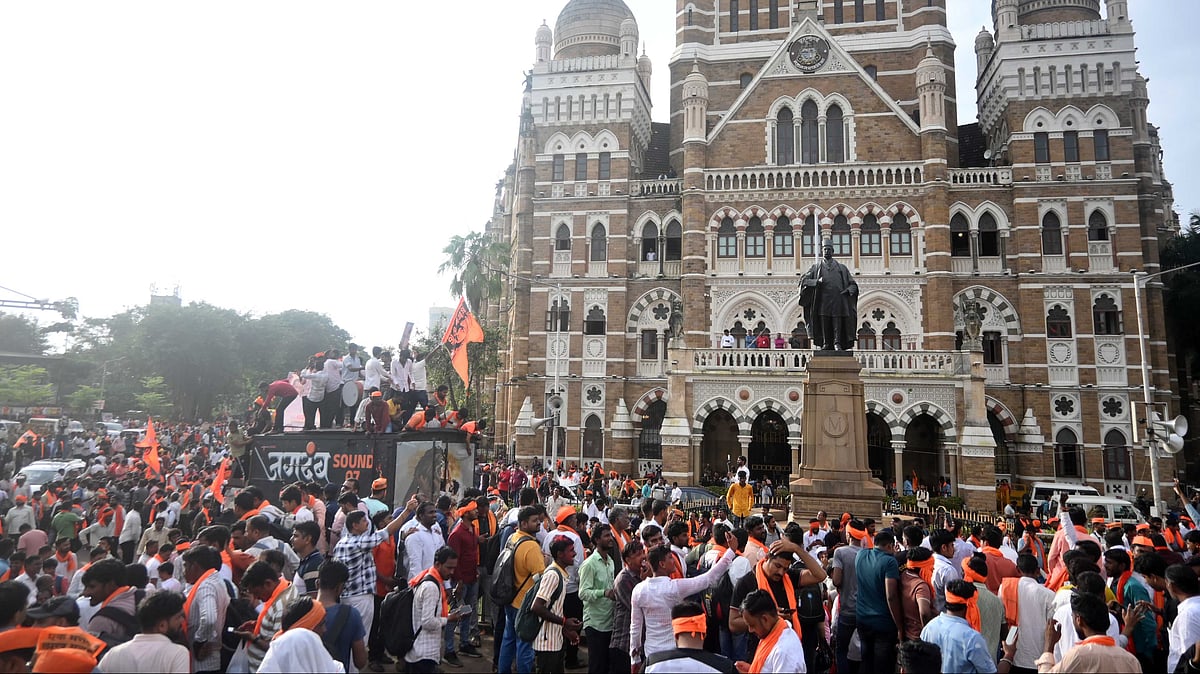Mumbai: In a landmark judgment and major setback to the Maharashtra government, the Bombay High Court has ruled that stamp duty of more than Rs 100 cannot be levied on a Permanent Alternate Accommodation Agreement (PAAA) executed between a developer and individual members on redevelopment projects.
The judgment was passed by a division bench of Justices Gautam Patel and Neela Gokhale while hearing a batch of petitions challenging the circulars issued by the government on June 23, 2015, and March 30, 2017, levying stamp duty on PAAA. The judgment was passed on February 17. However, the detailed 55-page judgment copy was made available on Wednesday.
A PAAA is executed by a developer with individual members of housing societies or other persons already in occupation and whose houses are being redeveloped.
Bombay HC quashed government circulars
While quashing the circulars, the HC observed: “Once the Development Agreement is stamped, the PAAA cannot be separately assessed to stamp beyond the Rs.100 requirement of Section 4(1) if it relates to and only to rebuilt or reconstructed premises in lieu of the old premises used/occupied by the member... The stamp on the Development Agreement (Development Agreement) includes the reconstruction of every unit in the society building. Stamp cannot be levied twice.”
A society enters into an agreement – Development Agreement (DA) – with a developer wherein it is agreed to construct new homes for existing society members and construct free sale units, which are sold in the open market. The DA is stamped and stamp duty paid for the same.
The petitions questioned the demand by the stamp authority to levy stamp duty at the market rate on individual PAAAs. This overlooks a fundamental aspect that the existing members and occupants are not in any sense “purchasers” of the areas to which they are entitled to in law on reconstruction.
The area to be allocated could be the area equivalent to the existing area of more as agreed in the DA. They are being provided new accommodation in lieu of earlier accommodation. In any case, the DA has already been stamped and covers all tenements or units to be constructed for the purposes of individual members of the society.

Stamp duty cannot be levied twice: Bombay HC
There can be no question of stamping or of a levy of stamp duty “twice for the same transaction”. The petitioners further said they are not contesting that if a society member purchases additional area from the developer, then the member must be assessed to stamp duty on this additional area.
The June 23, 2015, circular made a distinction between a society and its members / owners of tenements. The circular contemplated that any PAAAs between the society members and the developer is different from the DA between the society and the developer.
On March 30, 2017, a clarificatory circular was issued by the Chief Controlling Revenue Authority, which stated that individual society members must compulsorily join in the execution of the original DA.
The bench questioned whether there was a distinction to be made between the society and its members in the context of a re-development by an outsider. “ A cooperative society without members is a creature unknown to law,” observed the court.
Criticising the government for making “needlessly nice distinction” between a DA and a PAAA, the bench averred that “in executing a DA, the society acts for all its members — even those who may disagree.”
Society members were not purchasing new homes after redevelopment: Bombay HC
Additional government pleader Jyoti Chavan said a member is entitled to an additional area over and above the area that he or she occupies. Disagreeing with the arguments, the court said that members were “not purchasing” new homes. “To put it even more bluntly: the developer is not selling homes to society members on re-development. The only sale is of any additional area that the member purchases. The rest is an obligation to be performed by the developer in consideration of the members, through their society, giving the developer the benefit of the free-sale units,” added the court.
“The stamp authorities are not entitled in law to issue such a circular or to insist on any such requirement,” said the bench while quashing the circulars. The HC has clarified that their judgment is applicable in all the cases.








